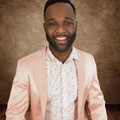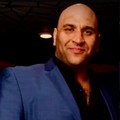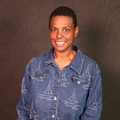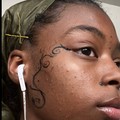S3G Advisors NextGen Scholarship
Today’s young entrepreneurs, tinkerers, and visionaries are the future of the world and will go far if they stick to their dreams.
However, the many challenges and obstacles that life prevents can cause even the most ambitious students to lose faith in their goals. Students from underestimated backgrounds, in particular, can face barriers that may seem insurmountable, such as financial limitations, social discrimination, and a lack of mentorship.
This scholarship seeks to support the next generation of students who plan to do big things by forging their own paths.
Any BIPOC undergraduate student who is a first-generation college student may apply for this scholarship opportunity if they’re from the Midwest and attending a Midwest state school and if they’re pursuing STEM, business, or other disciplines with a strong problem-solving or innovation focus.
The first-place winner will receive $2,500, followed by a $1,500 runner-up award, and a $1,000 award for the third-place student.
To apply, tell us about a problem you’re passionate about solving and when you first realized it was important to you.
Describe a problem you’re obsessed with solving. When did you first realize it was important to you?
Winning Applications
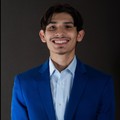
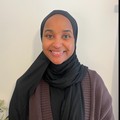
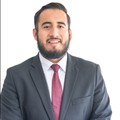
Explore All Kinds of Scholarships for All Kinds of Students
FAQ
The application deadline is Jun 13, 2025. Winners will be announced on Jul 30, 2025.
Your privacy is a top priority on the Bold.org platform, and you can find our privacy policy in full here. You may opt out of communications from Bold.org at any time, and unless we’ve first notified you and gotten your consent, you’ll never receive communication from any third parties related to personal information you give us.
Award amounts per winner are designated by the donor. Check the award amount for a detailed breakdown.
The winner will be publicly announced on Jul 30, 2025. Prior to the announcement date, we may contact finalists with additional questions about their application. We will work with donors to review all applications according to the scholarship criteria. Winners will be chosen based on the merit of their application.
Award checks will be sent to the financial aid office of the winner's academic institution in their name to be applied to their tuition, and in the name of their institution (depending on the school's requirements). If the award is for a qualified educational non-tuition expense, we will work with the winner directly to distribute the award and make sure it goes towards qualified expenses.
Before we award the scholarship, the winner will be required to confirm their academic enrollment status. Depending on the circumstances, verification of Student ID and/or their most recent transcript will be required.
If you have any questions about this scholarship or the Bold.org platform, just email contact@bold.org and we’ll get back to you as quickly as we can.
Yes. The terms and conditions for this scholarship can be found here.
